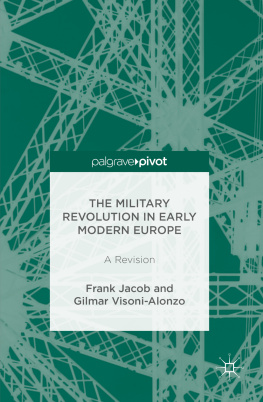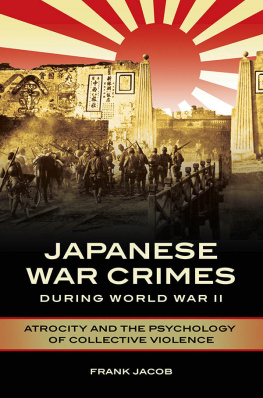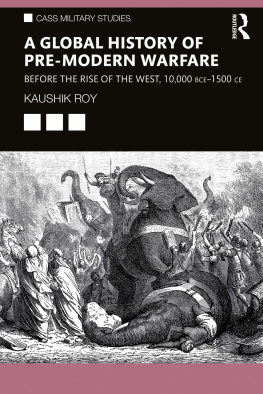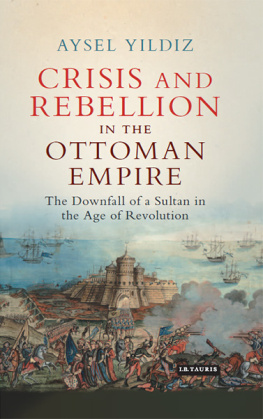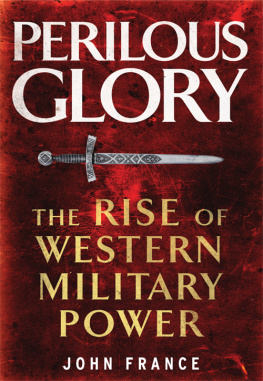1. Introduction
There never was a Military Revolution. Though this statement might lead to us being ostracized from the field of military history, the present book intends to explain and prove our claim. We are well aware that our thesis stands in contrast to everything that has been written on this subject in recent decades. Nonetheless, we believe that the concept of a Military Revolution is not helpful, nor are there any provable instances of such revolutions. Rather, it is an artificial construct that is supposed to help explain the dominance of the West in the age of colonialism; it therefore expresses Eurocentric assumptions as opposed to being based in historical proof. In recent years this point seems to have been proven by the works of scholars in African, Asian, and Latin American Studies. Drawing on this work, we call for the concept of the Military Revolution to be entirely repealed. Such revolutions are myths, as we will demonstrate in detail on the pages that follow.
For more than 50 years, the notion of the Military Revolution has been expounded and promoted by countless scholars around the world. Peter Brown, a specialist in Russian history, however, has recently remarked that there are steadily growing doubts about a concept that unquestionably bears signs of discursive fatigue and the arcane, inasmuch as it has made the rounds for so long. Regardless of his feelings towards the concept, Brown is not willing to abandon the terminology. He rather argues for a repositioning of the concept with early modern European military evolution or early modern European arms race plausibly being better tooled appellations. We go a step further. The term Military Revolution has no fit at all. And it seems to us useless to stick with a model that is derived more from Eurocentric bias than historical fact.
We thereby echo the demands for a New Military History as expressed by John Whiteclay Chambers in 1991. As military historians we are far more interested in social and political history, technology, culture, and the relationship of war and the military to society, the state, and international relations, even if that means that we have to abandon a concept which has been has become an article of faith for many decades.
The term revolution usually implies political changes that are achieved in a short period of time, and in the majority of cases by the use of violence. To define the term revolution we may again quote Kroeber:
it seems well to avoid adjectives such as social, cultural, economic, and politicalwords that from the outset seem to confine ones view within one or another academic discipline. What these adjectives bring into the picture is the parochial view of the writers own field of study, so that social, cultural, economic, or political turn out to be meaningless qualifications that once again start us toward smaller, more limited views.
The term Military Revolutioncreated by scholars who try to tie the revolutionary impact of military developments to a particular period of human history and circumscribe them geographicallyengenders exactly such a limitation of view. William E. Lipsky warned us of the danger that different scholars, working within different frames of reference, have simply selected those aspects which seem most important to them, while losing the ability to differentiate between their own wishes and the historical facts.
In the case of the theory of Military Revolutions, technology plays an important role. Economist and LSE professor Francesco Caselli provides a detailed description of the interrelationship between technology and skill as is required to create progress (something that is true for military progress as well):
A technology is a combination of machines of a certain type and workers who have the skills necessary to use them. A technological revolution is the introduction of a new type of machines. Machines of the new type are more productive than machines of preexisting types, but they can only be operated by workers who have developed a set of machine-specific skills. The acquisition of such skills is costly, and the labor force is heterogeneous in the cost of acquisition. The revolution is skill biased if the new skills are more costly to acquire than the skills required by preexisting types of equipment. The revolution is de-skilling if the new skills can be acquired at a lower cost than the skills associated with preexisting technologies.
This long quotation is intended to give the reader an idea of the ways the term revolution is misused. The combination of a new technology with a new set of skills, something that is a natural form of research and development, is sufficient for some scholars to frame it as a revolution. However, the development of new (military) technology does not necessarily have to change society as a whole. Nor must it lead to a change of rule. We therefore have to be very careful when we determine something as revolutionary, even if the use of this emblematic terminology is an means to sell a new theory to an interested readershipthink of the many revolutions in pop music with which we are confronted every year.
Regardless of the warnings, many analysts now believe that profound changes in the technology of war may be causing a revolutionary transformation in the conduct of war in general and in the character of conventional military operations in particular. since we can trace a more visible interconnection among science, technology, and war in the decades between 1914 and 1945.
The concept of war itself has never changed with regard to its aims. If a war is a form of collective violenceperformed by one collective against another one, usually in an ordered form by professional personnel, to achieve economic, political, religious, or social aimsthe method to fight a war remains to kill without being killed. This truth is immutable. Nor have political regimes often been caused to collapse by the introduction of new technologies for more effective warfare. It might be true that social and political consequences may be observed in relation to modernization processes in the military sector, but it is more than dubious to call this process revolutionary, especially since we are going to show that these processes are global, numerous, and a perennial part of human history. We are therefore arguing against the use of the term Military Revolution in toto . The term is not helpful in describing the processes that underlie military transformations. It is a limiting concept, geographically as well as with regard to the impact of historical events. And it has been proven wrong by the research of scholars in non-European and global history. Consequently, we propose a shift not only in terminology but also in the conceptualization of the historical phenomena that have been studied under the term Military Revolution. The concept to be used in the future should be one that describes an evolutionary process of research, trial, development, and implementation in the military sector. This evolutionary process is determined by peaks of progress achieved by the urgent need for a technological, tactical and strategic advantage over an enemy who threatens the predominant position of an already existent power. Wars are therefore the natural peaks of progress in history, since a losing power is willing to adopt new concepts and technologies to improve its chances of winning the conflict. Those who lose a war usually try to draw lessons to prepare themselves for conflict in future. This interrelation keeps the circular process of development running and creates military evolution. In periods of peace the process usually runs more slowly than in war, giving the false impression of a Military Revolution that is in fact just a peak within the perennial evolutionary cycle.

